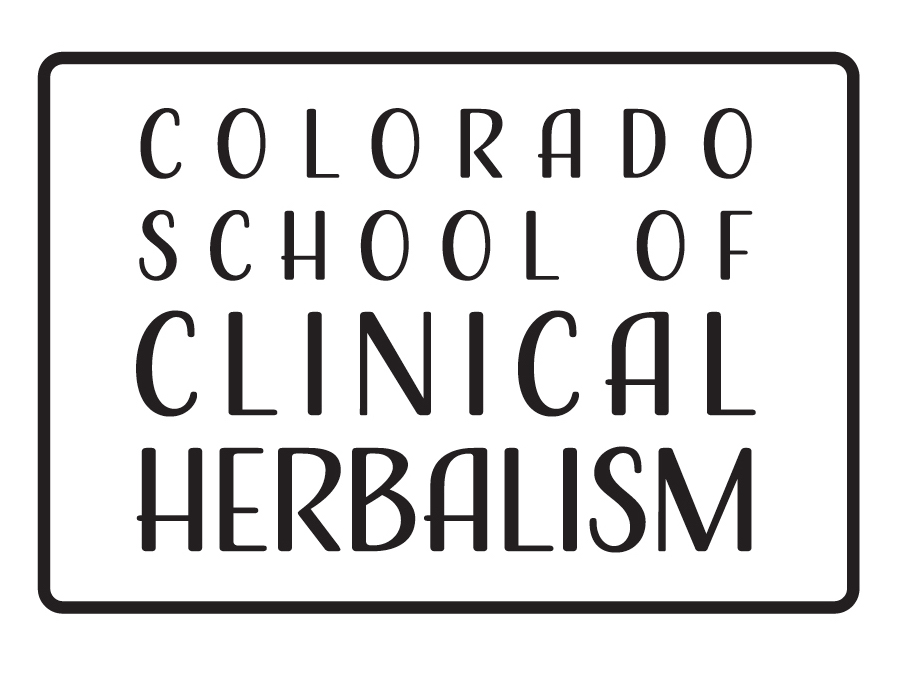Prioritizing self-care with nutrition, herbal support and Vitalist practices.
Life can be demanding, overwhelming and unfair. Finding time to care for ourselves often takes a backseat to obligations to others, deadlines and financial responsibilities. This is all too often the case for caretakers, parents, activists, educators, health care and social workers … the list goes on and on. Since most of these obligations aren’t going to disappear anytime soon and your stress levels are rising, what can you do to avoid burnout?
Step one is going back to the basics. Did you eat breakfast this morning? How many hours of sleep did you get last night? It’s amazing how easy it is to forget what a huge impact regular meals and sufficient sleep makes. Not to mention breathing. Start your morning with a tall glass of water and several deep breaths. There are many, many deep breathing practices out there, but here’s one of my favorite for waking up the lungs and getting the lymph moving:
- Stand tall with a straight back and raise your arms as you inhale slowly through your nose
- When your lungs are full and your arms are fully extended above your head, slowly exhale through your mouth and circle your arms back down
- Repeat your deep breaths while circling the arms 4 times up and back down, then 4 times up and down in the opposite direction (inhaling while you extend your arms back and up above your head)
Now it’s time for breakfast. Eating 35 grams of protein and a good amount of high-quality fat, with minimal sugars and carbohydrates, will provide sustained energy throughout the day. A high-protein breakfast also reduces sugar cravings and the related afternoon crash that many people experience. All of this will help you to drastically lower your stress levels.
While we’re on the subject of nutrition, two key nutrients that are commonly depleted in stress states are magnesium and the B vitamins. Carrying around packets of magnesium-citrate and adding it to warm water for a calming, fizzy drink is an amazingly effective remedy for acute stress states. It’s also very helpful to create an after dinner ritual of taking your magnesium every night. It will help to relax your body and deepen your sleep. In addition, taking a quality multi-vitamin or a B-complex vitamin is an important way to manage stress levels and increase energy. Take your B vitamin after breakfast and you’re out the door, ready to grab life by the horns.
There are many ways to approach self-care and I encourage you to find what feels good and fits your schedule best. Prioritizing yourself will benefit everyone you support in the long run, so don’t diminish the time you take for yourself. One of my favorite ways to relax is to prepare a tasty nourishing infusion.
- Boil 1 quart of water while preparing your herbs
- Combine 1 Tbsp. each of: Alfalfa, Nettle, Lemon Balm and Holy Basil. (NOTE: Lemon Balm can be an emmenagogue, and for safety should be avoided in early pregnancy. Red Clover is a nice substitute).
- Pour boiled water over your herbs, cover, and steep for at least 20 minutes (a perfect amount of time to stretch, read, take a bath, etc.)
- Strain the herbs and your pour yourself a mug of tea. Inhale the aromatic steam, sip, and enjoy!
For an in-depth exploration of working with herbs for self-care and more techniques to avoid burnout, join me at CSCH on Tues, March 10, 6-8 pm for an engaging workshop. Participants will leave with a calming tea blend and recipes to prepare a personalized self-care kit at home.

